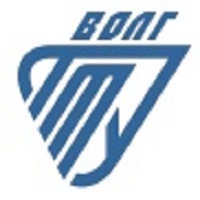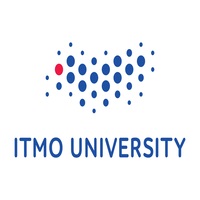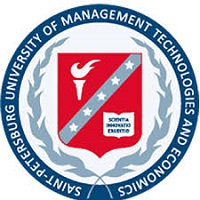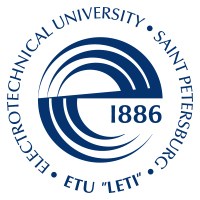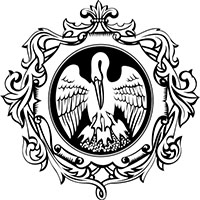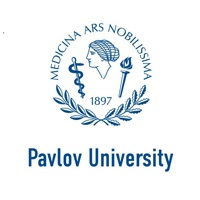俄罗斯高等学府:博士教育的独特路径与体系解析
Editor:Mark| Time:2025-09-09俄罗斯教育体系概览
俄罗斯教育体系以其深厚的历史底蕴和严谨的学术传统闻名于世。这一体系起源于18世纪的彼得大帝改革,经过苏联时期的强化与发展,形成了今天以国家主导、标准统一为特点的高等教育框架。俄罗斯的高等教育机构主要分为综合性大学、专业学院和研究型院校,均受联邦科学与高等教育部监管。教育体系强调基础理论与应用实践的结合,尤其在自然科学、工程技术和人文社科领域具有显著优势。博士学位教育作为体系中的最高层次,秉承了苏联时期留下的严格学术标准,同时也在不断融入国际化的教育元素,以适应全球学术交流的需求。
俄罗斯的高等教育采用博洛尼亚进程的三级结构:学士、硕士和博士。这一改革自2003年实施,旨在与欧洲教育标准接轨,促进学历互认和学生流动。博士教育对应的是“研究生院”阶段,通常被称为“аспирантура”,完成后授予“Candidate of Sciences”学位(相当于PhD)。更高层次的“Doctor of Sciences”学位则需在学术领域有突出贡献,类似于西方的终身教授资格。这种分层结构确保了学术成长的连续性和深度,为博士生提供了清晰的职业发展路径。
国家在教育体系中扮演着核心角色,通过联邦教育标准确保全国院校的质量一致性。这些标准规定了课程设置、学分要求和论文评审流程,从而维护了学位的权威性。此外,俄罗斯政府通过“5-100计划”等倡议,推动顶尖大学跻身世界排名,增强了国际吸引力。这种国家主导的模式,既保障了教育的公平性,也为博士生提供了稳定的科研环境和资金支持。
博士教育的独特特点
俄罗斯的博士教育以其高度专业化和研究深度著称,与西方体系相比,具有鲜明的独特性。首先,入学要求极为严格。申请者通常需拥有硕士学位或同等学历,并通过严格的入学考试和面试。这些考试不仅测试专业知识,还评估研究潜力和语言能力。对于国际学生,包括中国留学生,俄语 proficiency 往往是必备条件,尽管部分院校提供英语授课项目。例如,莫斯科国立大学和圣彼得堡国立大学在物理、数学等领域开设英语博士课程,以吸引全球人才。
博士培养过程强调独立研究和导师指导的结合。学生需在入学后制定详细的研究计划,并在导师的监督下开展为期3-4年的全职研究。导师制度是核心,导师通常是领域内的权威学者,负责提供学术指导和资源支持。这种关系类似于师徒制,确保了研究的深度和连续性。此外,博士生必须完成一定学分的课程,包括方法论、专业理论和外语培训,以夯实学术基础。
论文评审是博士教育中最具挑战性的环节。学生需撰写一篇具有原创贡献的学位论文,并通过预答辩、正式答辩和学术委员会评审。答辩过程公开透明, often involving external experts from other institutions. This rigorous process ensures that the degree is awarded only for substantial academic work. Statistics show that the completion rate for PhDs in Russia is around 60-70%, reflecting the high standards maintained.
科研支持是另一大亮点。俄罗斯院校通常拥有先进的实验室、图书馆和数据库 access,并与科学院 institutes紧密合作。政府 funding through grants and scholarships, such as the Russian Presidential Scholarship, provides financial aid to both domestic and international students. This ecosystem fosters innovation, particularly in fields like aerospace, nuclear physics, and linguistics.
留学俄罗斯的博士体验
对于国际学生而言,选择俄罗斯攻读博士 offers a blend of academic rigor and cultural immersion. The application process involves submitting academic transcripts, a research proposal, and language certificates. Many universities offer preparatory courses for Russian language, which can be crucial for daily life and research. Once admitted, students often find the cost of living relatively affordable compared to Western countries, with monthly expenses ranging from $300 to $600 in cities like Moscow or Novosibirsk.
Academic life is structured yet flexible. PhD students are integrated into research groups from the start, participating in seminars, conferences, and field work. The emphasis on publication in peer-reviewed journals is strong, with many programs requiring at least two to three articles before thesis submission. This pressure to publish early helps build a robust academic profile. For instance, in fields like mathematics or computer science, Russian institutions are known for producing high-impact research, attracting collaborations from global universities.
Cultural aspects add a unique dimension to the experience. Russia's rich history, arts, and social traditions provide a stimulating environment outside the lab. International students often participate in university-led events, language exchanges, and travel opportunities across the vast country. However, challenges such as harsh winters, bureaucratic hurdles, and language barriers can require adaptation. Support services, including international offices and student unions, assist in navigating these issues.
Career prospects after a Russian PhD are promising. Graduates often find opportunities in academia, research institutes, or industries related to their field. The degree is recognized globally, especially in STEM areas, and alumni networks can facilitate job placements. For those returning to their home countries, the unique perspective gained from studying in Russia can be a competitive advantage in multinational settings.
结语
俄罗斯的博士教育体系以其严谨的结构、深厚的学术传统和独特的文化背景,为全球学子提供了宝贵的成长平台。尽管挑战存在,但融合历史与现代元素的这一路径,继续塑造着未来的学术领袖。
